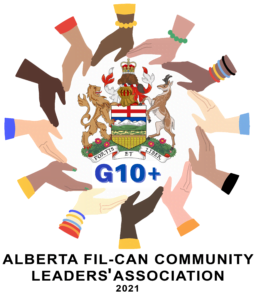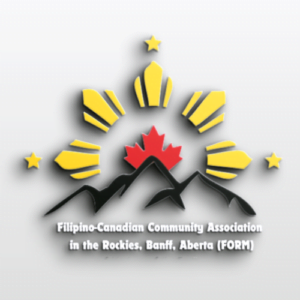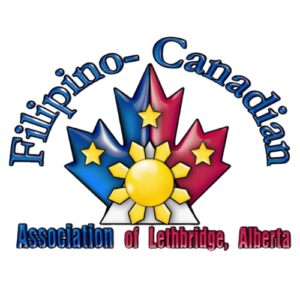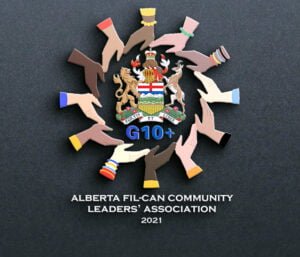
Our Vision
AFCLA’s vision is a welcoming and inclusive society for everyone.
Our Mission
AFCLA’s mission is to build a broader, stronger, and more effective collaboration among Filipino-Canadians towards uplifting the quality of life of rural Albertans.
about us
The Alberta Fil-Can Community Leaders' Association
AFCLA- is a registered non-profit Alberta society that serves as the umbrella organization of local Filipino organizations and informal groups to address the needs and issues of rural Filipino communities. Collectively, its members cover a wide area, extending across more than 45 towns in rural Alberta. AFCLA membership represents Filipinos with a diversity of interests, languages, and identities. AFCLA currently has a membership of 24 organizations.
- Raise awareness about contributions and role of Filipinos in Alberta and Canada
- Enhance community assets, cultural enrichment, belonging and identity
- Coordinate projects, services and activities between member organizations to ensure maximum benefits to communities.
- Develop leadership and organizational
- Engage and develop more youth to respond to issues and needs
- Strengthen·cooperati_on between the Filipino community and different levels of government, public institutions, service providers, and other community groups
- Increase civic participation and voice of Filipinos in rural Alberta.















